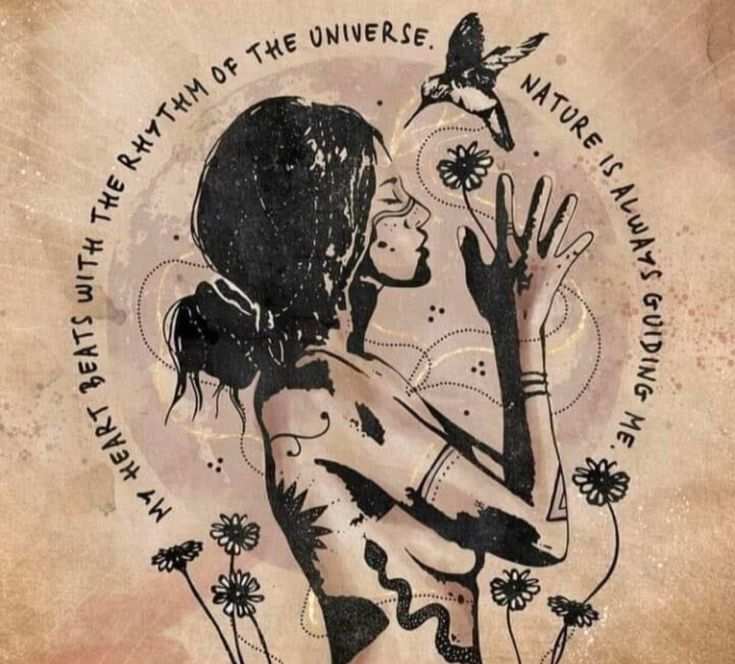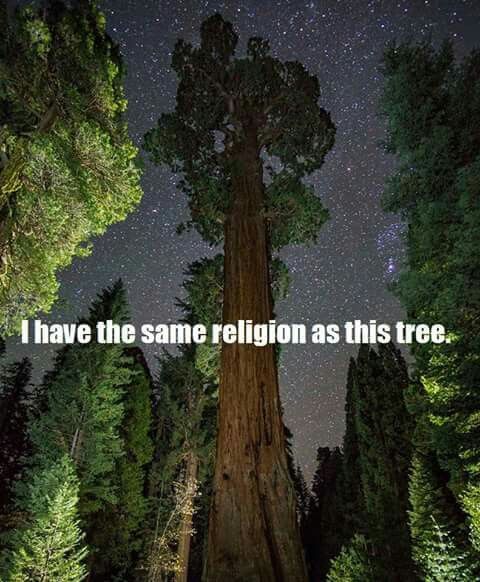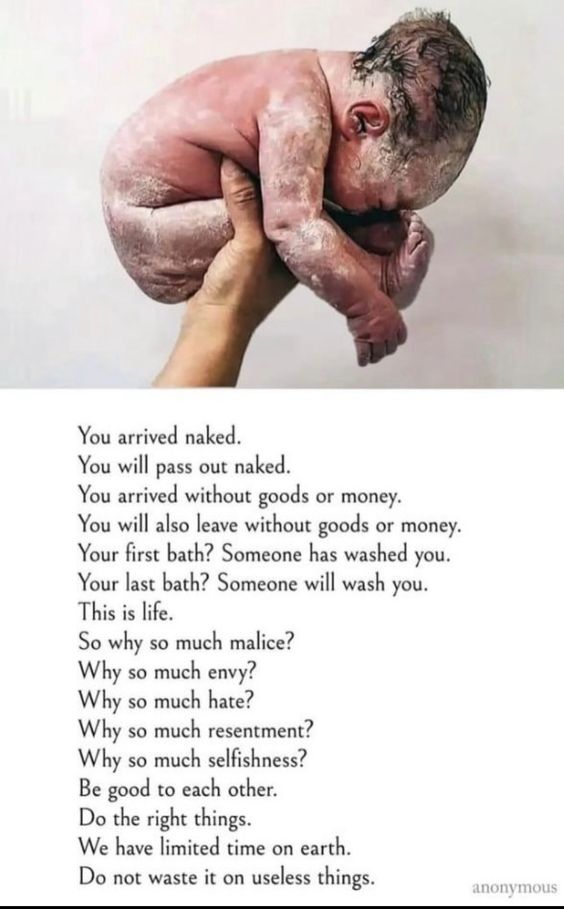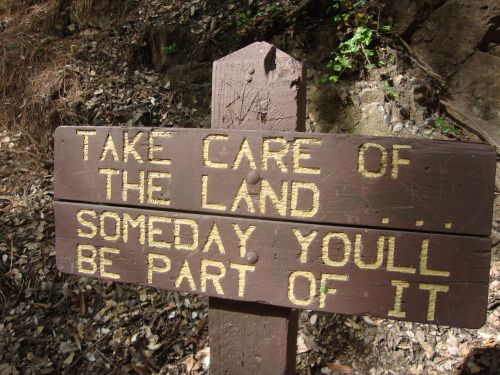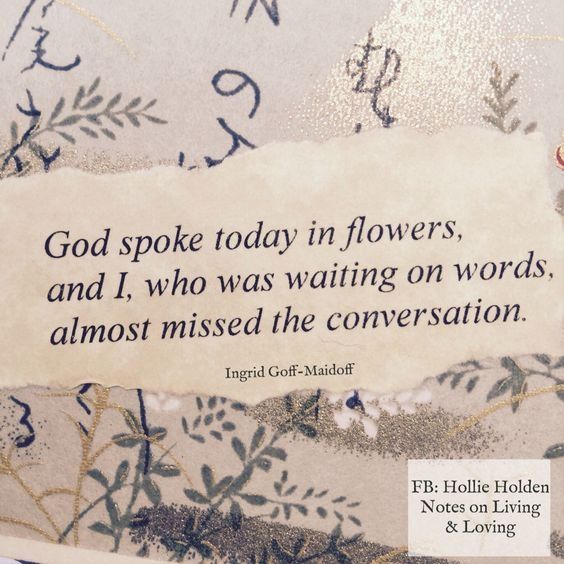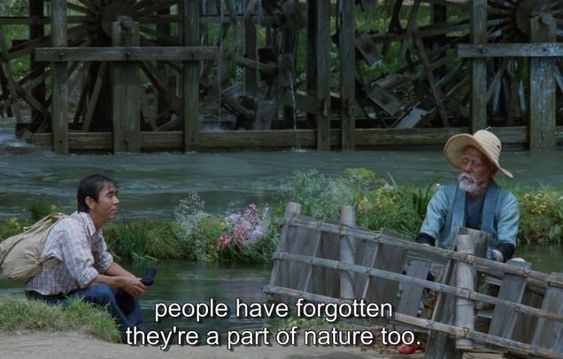“The world, my friend, is not imperfect or developing slowly toward perfection. No, the world is perfect at every moment, all sin already contains grace, all youngsters already contain oldsters, all babies contain death, all the dying contain eternal life. It is not possible for any man to see how far along another man is on his way; Buddha is waiting in robbers and dicers, the robber is waiting in the Brahmin. In deep meditation it is possible to eliminate time, to see all past, all present, all developing life as coexisting, and everything is good, everything perfect, everything Brahma.”
Hermann Hesse, Siddhartha (Page 125)
“Slowly blossomed, slowly ripened in Siddhartha the insight, the knowledge of what wisdom actually is, what the goal of his long seeking was. It was nothing but a readiness of the soul, an ability, a secret art, to think the thought of oneness, to feel and breathe the oneness at every moment, in the midst of life. Slowly this blossomed in him, brightly emanated to him from Vasudeva’s old childlike face: harmony, knowledge of the eternal perfection of the world, smiling, oneness.”
Hermann Hesse, Siddhartha (Page 114)
“The earth is undivided. India and Pakistan and England and Germany exist only on maps, and those maps are created by the politicians, the power-mad people. This whole earth is yours. There is no need to identify with anything. Why become confined to small territories? Why be confined by politics? Claim the whole heritage of the earth. It is your earth. Be a planetary being rather than a national one. Forget about India and England and think of the whole globe. Think of each and everyone as brothers and sisters; they are!”
Osho, Everyday Osho (Page 173)
“It is impossible to build one’s own happiness on the unhappiness of others.”
Daisaku Ikeda, via Think Like A Monk (Page 20)
“I grow little of the food I eat, and of the little I do grow I did not breed or perfect the seeds. I do not make any of my own clothing. I speak a language I did not invent or refine. I did not discover the mathematics I use. I am protected by freedoms and laws I did not conceive of or legislate, and do not enforce or adjudicate. I am moved by music I did not create myself. When I needed medical attention, I was helpless to help myself survive. I did not invent the transistor, the microprocessor, object oriented programming, or most of the technology I work with. I love and admire my species, living and dead, and am totally dependent on them for my life and well being.”
Steve Jobs
“What does not benefit the hive does not benefit the bee either.”
Marcus Aurelius, Meditations (Page 57)
“Think always of the universe as one living creature, comprising one substance and one soul: how all is absorbed into this one consciousness; how a single impulse governs all its actions; how all things collaborate in all that happens; the very web and mesh of it all.”
Marcus Aurelius, Meditations (Page 31)
“Say to yourself first thing in the morning: today I shall meet people who are meddling, ungrateful, aggressive, treacherous, malicious, unsocial. All this has afflicted them through their ignorance of true good and evil. But I have seen that the nature of good is what is right, and the nature of evil what is wrong; and I have reflected that the nature of the offender himself is akin to my own—not a kinship of blood or seed, but a sharing in the same mind, the same fragment of divinity. Therefore I cannot be harmed by any of them, as none will infect me with their wrong. Nor can I be angry with my kinsman or hate him. We were born for cooperation, like feet, like hands, like eyelids, like the rows of upper and lower teeth. So to work in opposition to one another is against nature: and anger or rejection is opposition.”
Marcus Aurelius, Meditations (Page 10)
“Everything in this world blooms, grows, and returns to its roots. Returning to one’s roots means becoming united with nature; becoming united with nature involves eternity. The destruction of your body holds no danger in itself.”
Lao-Tzu, via A Calendar of Wisdom (Page 354)
“The future of the human race will likely depend on our ability to transcend this tribalism and to see our fate as interconnected with everyone else’s. We are one species, all descendants of the same original humans, all brothers and sisters. Our differences are mostly an illusion. Imagining differences is part of the madness of groups.”
Robert Greene, The Daily Laws (Page 394)
“People today foolishly try to believe that all the world’s senselessness and cruelty—the richness of the few, the great poverty of the many, the violence and warfare—happens outside their own lives and does not interfere with them and their way of life.”
Leo Tolstoy, A Calendar of Wisdom (Page 262)
“Someone told me once that every person has an element of good and an element of bad within him, and that either the good or the bad can be manifested according to the person’s mood. We possess within us two different ways of understanding this world. One is the feeling of being divided, distanced, and alienated from each other; in this state, all things seem gloomy to us. We feel nothing except jealousy, indifference, and hatred. I would like to call the opposite way of understanding the understanding of universal unification. In this state, all people seem very close to us, and all are equal among themselves. This state, therefore, arouses compassion and love in us.”
Arthur Schopenhauer, A Calendar of Wisdom (Page 241)
“All that brings unification to people is goodness and beauty; all that brings separation among them is evil. All people know this: it is firmly inscribed on our hearts.”
Leo Tolstoy, A Calendar of Wisdom (Page 206)
“While our values, cultures, and life circumstances change—our core struggles as humans remain the same. Relationships are hard, but necessary. Trauma is inevitable, but healing is possible. Emotions cannot be conquered, but must be accepted and managed. A sense of purpose is not found, it must be created.”
Mark Manson
